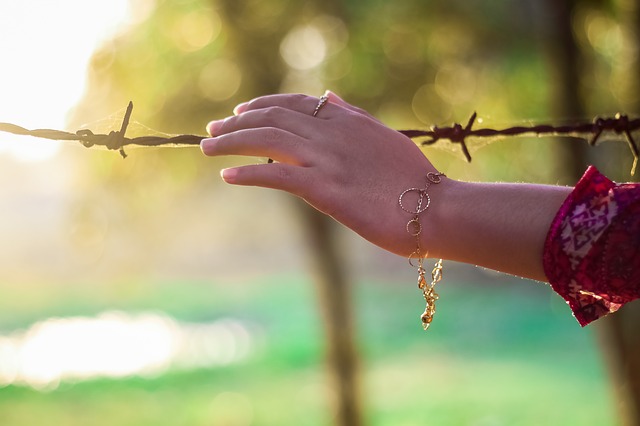If you read my ramblings with any regularity, you know I don’t believe in accidents: Everything that’s supposed to happen does happen. Everything that’s supposed to happen happens in its own time. And everything that happens happens for a reason.
Contrary to our increasingly curious urges — and to the boundless volumes of information with which we bombard ourselves daily in the delusion that we can satisfy every one of those curious urges — we can’t know the reasons for which everything happens. In fact, it’s not our responsibility to know. Our responsibility comprises just two obligations:
- To accept: to accept what happens, to accept the fact that we can’t know why everything happens, and to accept the fact that everything happens for a reason, nevertheless, even if we can’t know that reason.
- To learn: to learn from whatever happens, to learn from the timing of whatever happens, and to learn the lessons of patience, humility, trust, forbearance, forgiveness, and awareness that whatever happens will teach us.
Acceding to those obligations is faith. And by the non-accidental fact that two things came to my attention on the same day — this photo and this book — I also learned it’s love.
While the photo speaks for itself, the book elaborates on what the photo states with beautiful simplicity and eloquence in this passage:
[Love] leads to the idea that you can experience the world from the perspective of difference … what kind of world does one see when one experiences it from the point of view of two and not one? What is the world like when it is experienced, developed and lived from the point of view of difference and not identity?
Experiencing the world from a perspective other than identity — apart from ego — is transformative. It has to be. It can’t be anything less. It compels and enables us to abdicate dogma and ideology in deference to compassion, to sharing, to understanding, and to meaningful sympathy; that is, beyond the mere sharing of sorrow or trouble to a melding of thought and feeling in consideration of or respect for the other. Transformation? That’s more like transcendence.
Pie in the sky? Maybe. But what if it isn’t?
As human beings, we have just two sources of motivation. Yes. Beyond and beneath all manner of shades and flavors, there are just two: love and fear.* The world abounds with people motivated by fear and its children — insecurity, greed, territorialism, envy, lust for power. But what if we made the other choice? As a cliché reminds us, you never know until you try:
We shouldn’t underestimate the power love possesses to slice diagonally through the most powerful oppositions and radical separations. The encounter between two differences is an event, is contingent and disconcerting … This surprise unleashes a process that is basically an experience of getting to know the world.
Would choosing love over fear be easy? No. But as another cliché reminds us: If it were easy, everyone would do it.
What’s love got to do with it? As it turns out, everything.
* The Youngbloods’ classic version is here, with lyrics and comments.
—
Image by ju_sajjadO, courtesy of pixabay.com.

